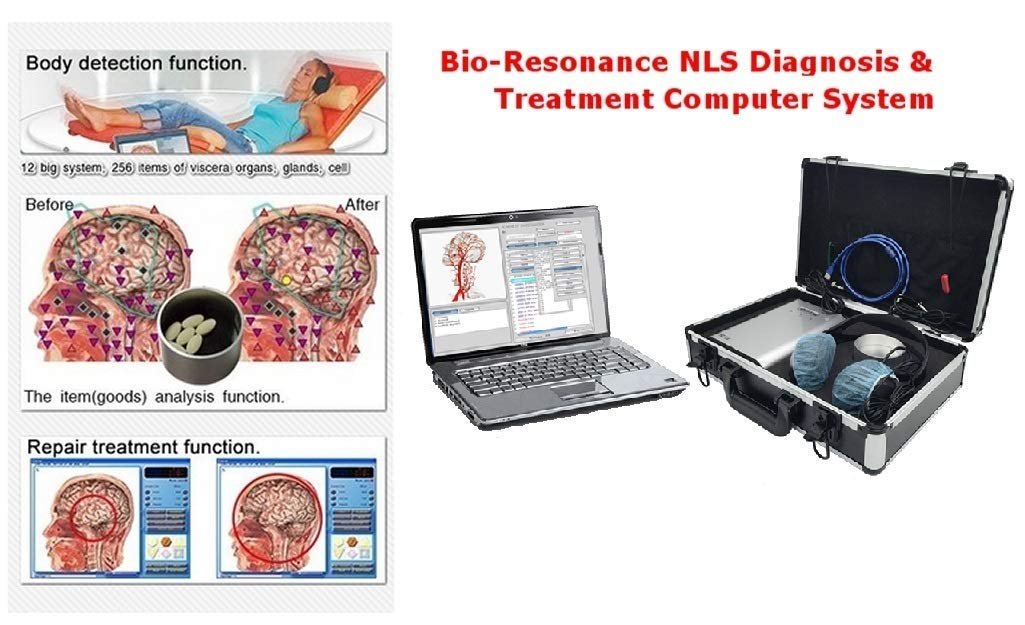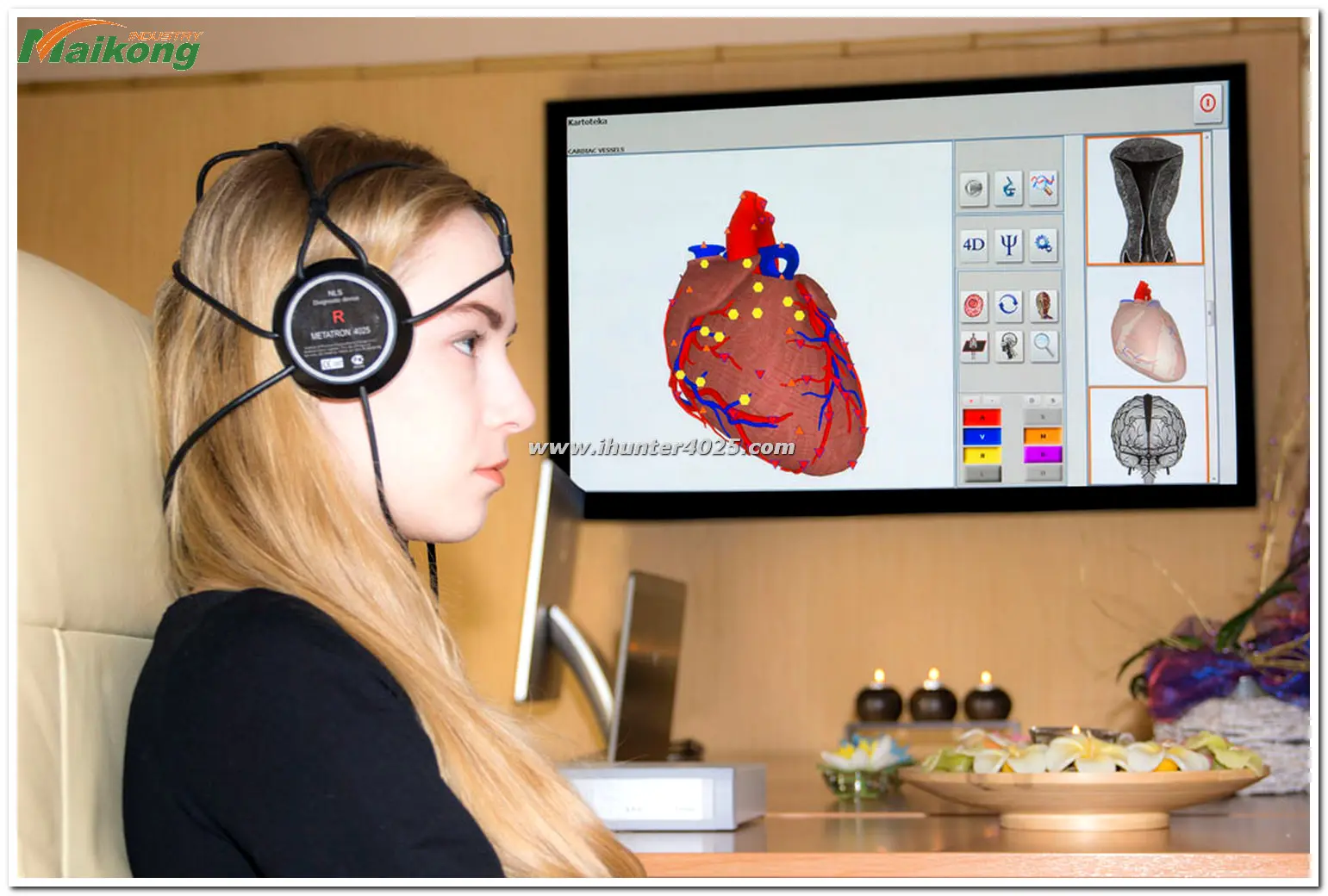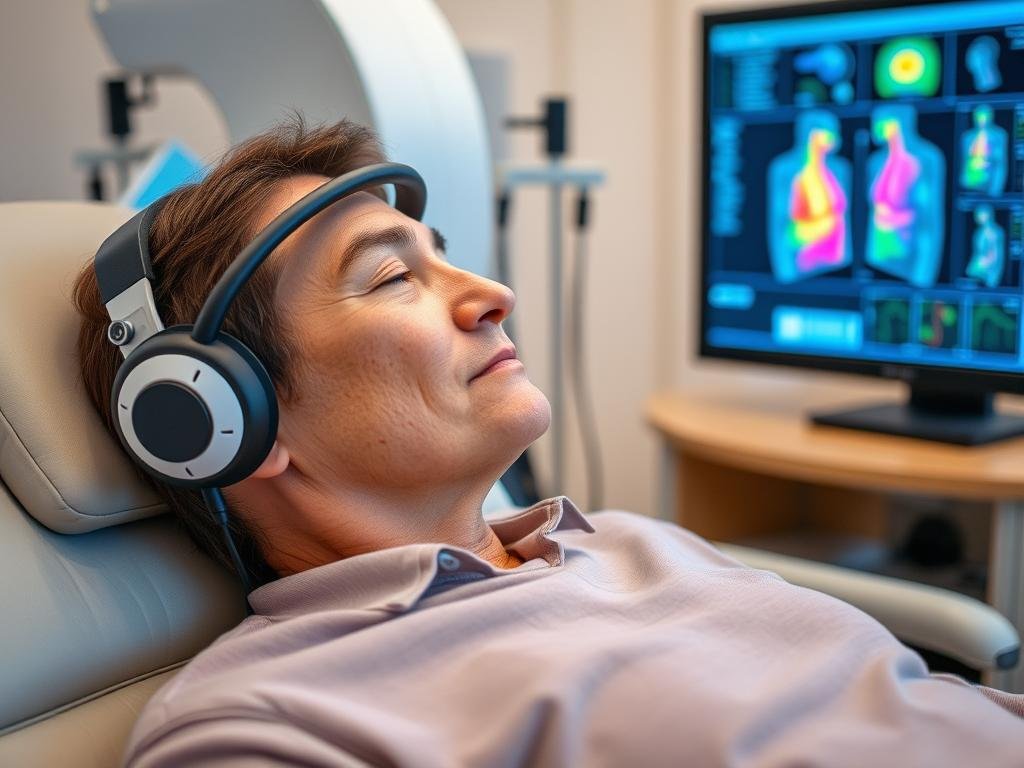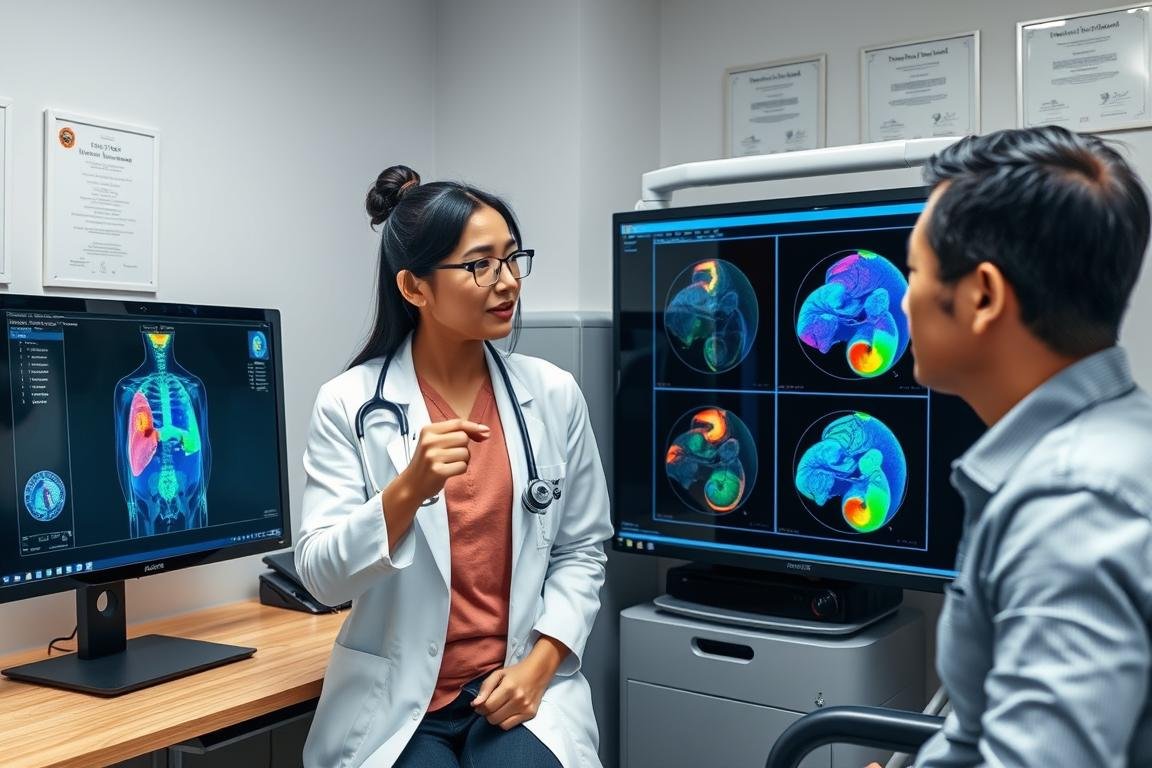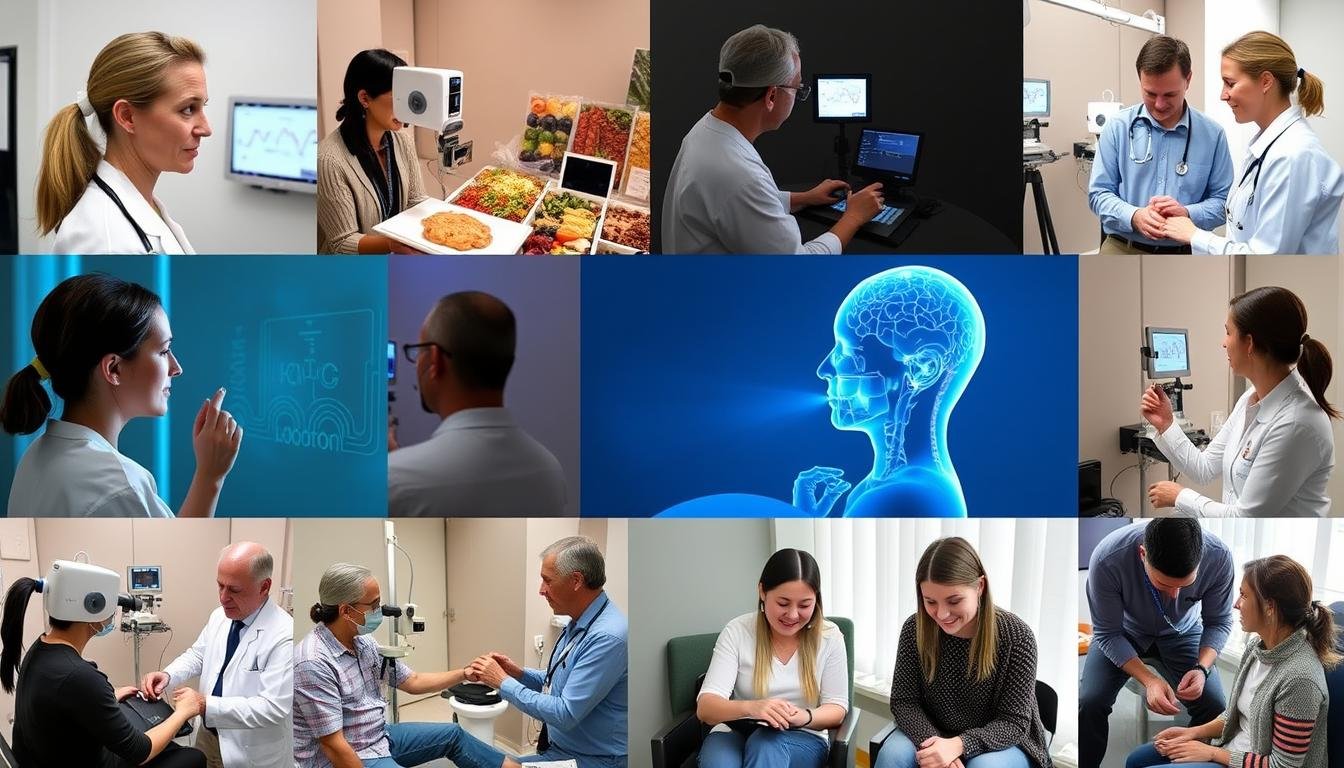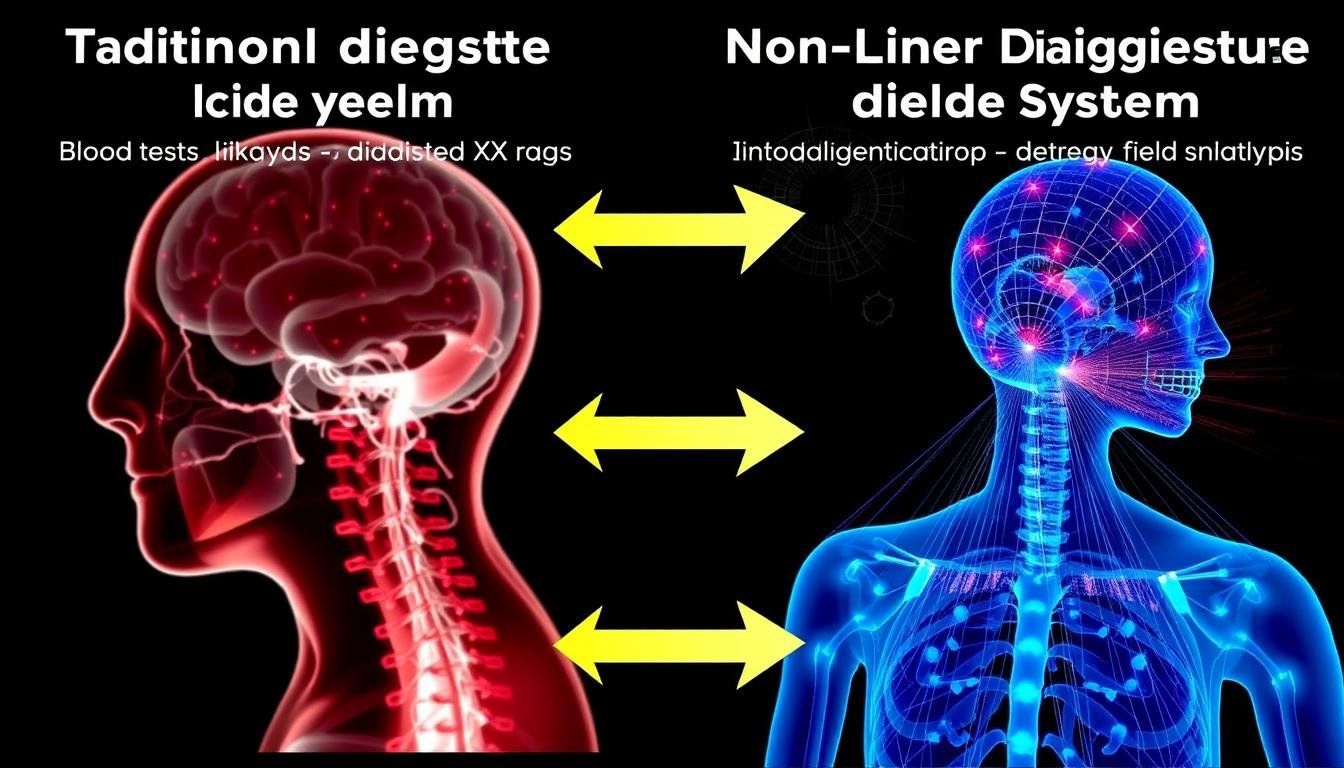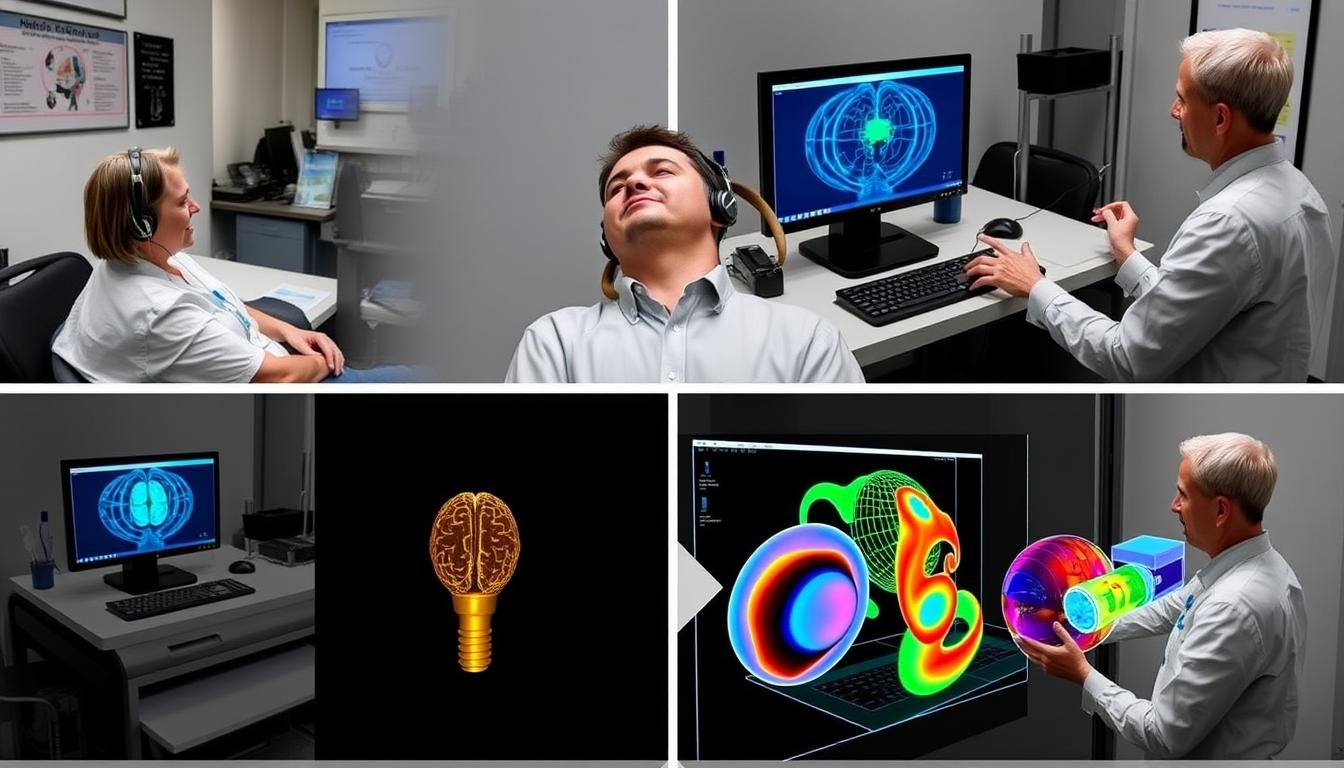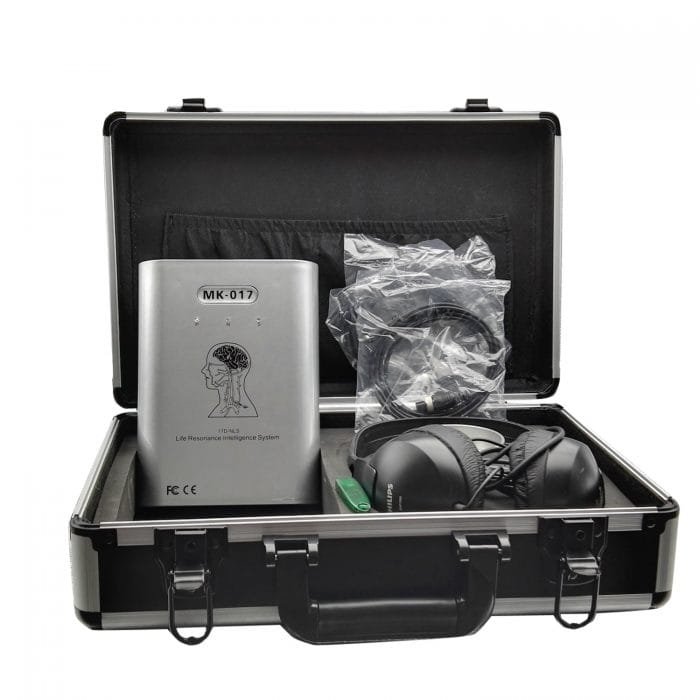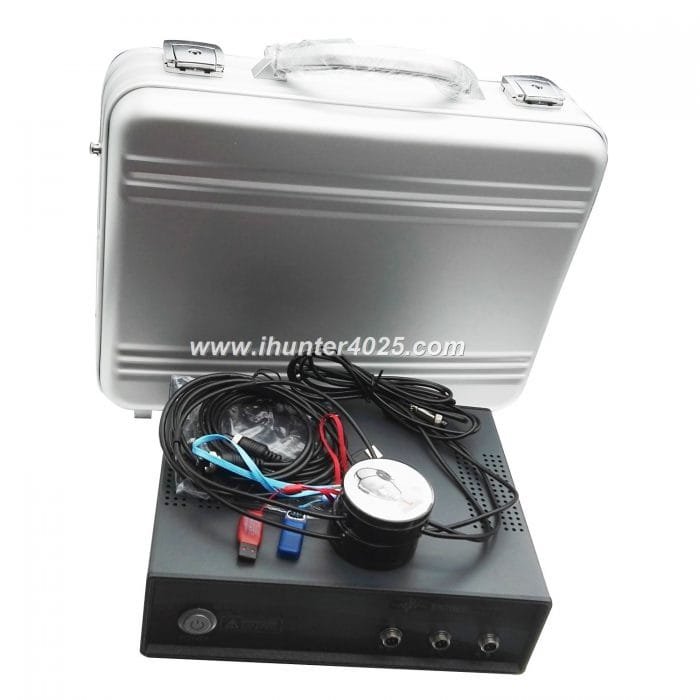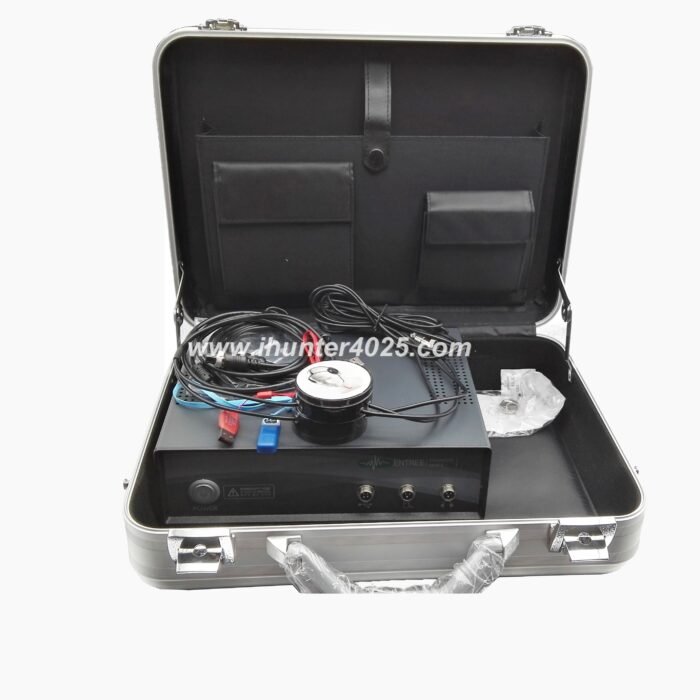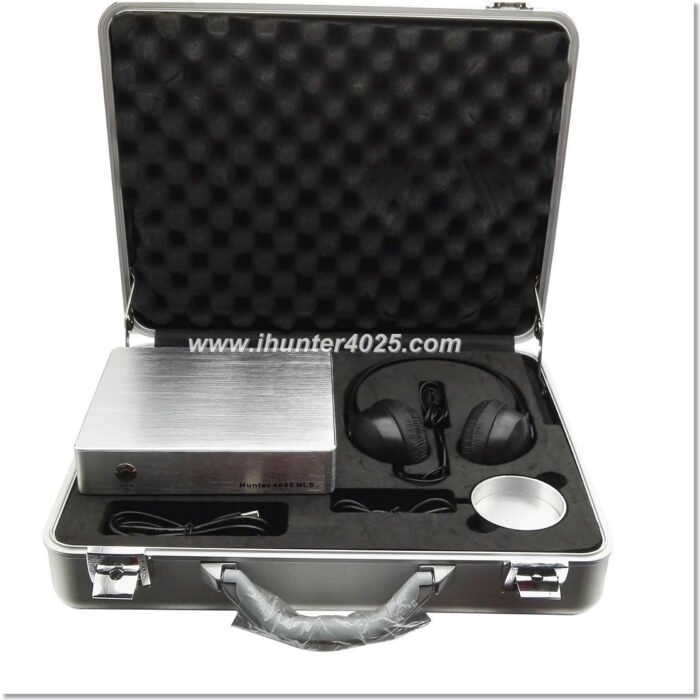The Non Linear Diagnostic System represents one of the most advanced developments in modern diagnostic technology. This innovative approach uses spectral analysis to assess the body’s energy fields, providing detailed insights into health conditions before they manifest as physical symptoms. Unlike conventional diagnostic methods that often require invasive procedures, Non Linear Diagnostic Systems offer a comprehensive, non-invasive alternative that can detect subtle changes at the cellular level. This guide explores how these systems work, their applications, and the benefits they offer to both healthcare providers and patients seeking a more holistic approach to health assessment.
Understanding Non Linear Diagnostic System Technology

Modern Non Linear Diagnostic System equipment with advanced scanning capabilities
A Non Linear Diagnostic System (NLS) is based on quantum physics principles and bioresonance technology. These systems analyze the body’s electromagnetic field variations, which reflect the state of organs, tissues, and cells. The technology stems from research in quantum entanglement and the understanding that all biological matter emits specific frequency patterns when functioning normally—and different patterns when under stress or experiencing pathological changes.
The core concept behind NLS technology is that every cell in the human body emits a unique electromagnetic signature. When cells, tissues, or organs experience stress or disease, these signatures change in detectable ways. The Non Linear Diagnostic System captures these subtle energy variations through specialized sensors, typically placed near the head, where they can interface with the brain’s electromagnetic field—the largest repository of information about bodily processes.
The collected data is then processed through sophisticated software that translates these energy patterns into detailed visual representations of the body’s systems. This allows practitioners to identify potential health issues at their earliest stages, often before they would be detectable through conventional diagnostic methods.
How Does a Non Linear Diagnostic System Work?
The operation of a Non Linear Diagnostic System involves several sophisticated processes working in harmony:
Data Collection Through Resonance
During an NLS session, the patient typically wears a headset with special sensors (often called trigger sensors). These sensors emit weak electromagnetic signals that interact with the body’s own electromagnetic field. The system contains an extensive frequency library that allows it to send signals to specific body organs, cells, or even potential pathogens, requesting identification responses.
When these signals encounter various structures in the body, they create resonance patterns that vary depending on the health status of the tissues. The system records these frequency fluctuations, which reflect metabolic processes and cellular conditions.
Three-Dimensional Analysis
One of the most remarkable aspects of the Non Linear Diagnostic System is its ability to perform three-dimensional scanning. The technology can analyze cellular structures, tissue compositions, chromosome sets, and even fragments of DNA. This multi-level analysis provides an unprecedented depth of information about the body’s condition.
The system compares the recorded frequency patterns against its database of thousands of known pathological conditions. This comparison allows it to identify potential health issues with remarkable precision, often detecting problems months or even years before they would manifest as physical symptoms.
Visual Representation and Interpretation
The collected data is transformed into visual models that practitioners can interpret. These typically include color-coded 3D representations of organs and systems, with different colors indicating varying levels of stress or potential pathology. For example, areas displayed in yellow might indicate mild stress, while red or purple might suggest more significant issues requiring attention.
This visual approach makes the information accessible and allows practitioners to explain findings to patients in an understandable way, facilitating better health decisions.
Benefits of a Non Linear Diagnostic System
Advantages of NLS Technology
- Non-invasive and painless diagnostic process
- Early detection of potential health issues before symptoms appear
- Comprehensive assessment of multiple body systems in a single session
- No radiation or harmful side effects
- Ability to detect subtle energy imbalances missed by conventional tests
- Holistic approach that considers physical, emotional, and energetic factors
- Immediate results with visual representations for better understanding
Limitations to Consider
- Not yet widely accepted in conventional medical settings
- Requires specialized training for proper interpretation
- May not replace certain conventional diagnostic tests
- Varying levels of evidence supporting specific applications
- Quality and capabilities can vary between different systems
Experience the Benefits Firsthand
Discover how a Non Linear Diagnostic System assessment can provide insights into your health that conventional methods might miss. Our experienced practitioners use the latest NLS technology to create a comprehensive picture of your body’s systems.
Schedule a Consultation
Applications of Non Linear Diagnostic System Technology
The versatility of Non Linear Diagnostic Systems allows for numerous applications across different health domains:
Preventive Health Screening
NLS technology excels at identifying potential health issues before they develop into serious conditions. By detecting subtle energy imbalances and early cellular changes, practitioners can recommend preventive measures that may help avoid disease progression.
Complementary Assessment
Many practitioners use Non Linear Diagnostic Systems alongside conventional medical tests to gain a more complete understanding of a patient’s health. This complementary approach can provide insights that might be missed by either method alone.
Nutritional and Supplement Evaluation
The system can help identify potential food sensitivities, allergies, and nutritional deficiencies. It can also assess how well specific supplements are working for an individual, allowing for personalized nutritional recommendations.
Emotional and Stress Assessment
Unlike many conventional diagnostic tools, Non Linear Diagnostic Systems can detect the impact of emotional issues and stress on physical health. This allows for a truly holistic approach to wellness that addresses both physical and emotional factors.
Treatment Monitoring
By providing detailed before-and-after assessments, NLS technology allows practitioners to monitor the effectiveness of various treatments and make adjustments as needed for optimal results.
Research and Development
The detailed data provided by Non Linear Diagnostic Systems is valuable for research into the subtle energy aspects of health and disease, potentially leading to new insights and treatment approaches.
Comparing Linear vs. Non Linear Diagnostic Systems
| Feature |
Linear Diagnostic Systems |
Non Linear Diagnostic Systems |
| Diagnostic Approach |
Direct measurement of physical parameters |
Analysis of energy fields and resonance patterns |
| Detection Timeframe |
Typically detects existing conditions |
Can detect potential issues before physical manifestation |
| Invasiveness |
Often involves invasive procedures (blood draws, biopsies) |
Non-invasive, requires only sensor contact |
| Scope of Analysis |
Usually focused on specific systems or parameters |
Comprehensive assessment of multiple body systems |
| Patient Experience |
Can be uncomfortable or stressful |
Comfortable, relaxing experience |
| Results Timeline |
Often requires lab processing time |
Immediate results available during session |
What to Expect During a Non Linear Diagnostic System Session
- Initial Consultation: The practitioner will discuss your health history, current concerns, and goals for the session.
- Preparation: You’ll be asked to sit comfortably, typically in a relaxed position. No special preparation is required beforehand.
- Sensor Placement: The practitioner will place sensors, usually in the form of a headset, that will interface with your body’s electromagnetic field.
- Scanning Process: The actual scanning process takes approximately 15-60 minutes, during which you simply relax while the system collects data.
- Results Review: Immediately following the scan, the practitioner will review the findings with you, explaining the visual representations and what they indicate about your health.
- Recommendations: Based on the results, the practitioner will provide personalized recommendations, which may include dietary changes, supplements, or further testing if needed.
“The Non Linear Diagnostic System session was unlike any medical appointment I’ve experienced. It was completely painless, and I was amazed at how accurately it identified issues I’d been experiencing but hadn’t mentioned. The visual representations helped me understand what was happening in my body in a way that blood test results never could.”
— Client testimonial
Choosing a Qualified Non Linear Diagnostic System Practitioner
When seeking a Non Linear Diagnostic System assessment, it’s important to choose a qualified practitioner who can properly operate the equipment and interpret the results. Consider these factors:
- Verify the practitioner’s training and certification in NLS technology
- Look for professionals with backgrounds in healthcare or related fields
- Ask about the specific system they use and its FDA status
- Check reviews and testimonials from previous clients
- Ensure they take a comprehensive approach rather than focusing solely on selling products
- Confirm they work collaboratively with other healthcare providers when appropriate
Important Note: While Non Linear Diagnostic Systems can provide valuable health insights, they should complement rather than replace conventional medical care. Always consult with your primary healthcare provider about significant health concerns.
Future Trends in Non Linear Diagnostic System Technology
The field of Non Linear Diagnostic Systems continues to evolve, with several exciting developments on the horizon:
Integration with Artificial Intelligence
AI algorithms are being developed to enhance the analysis capabilities of NLS technology, potentially identifying patterns and correlations that might not be immediately apparent to human practitioners.
Improved Sensor Technology
Advances in quantum sensors and nanotechnology promise to make NLS devices more sensitive and accurate, providing even more detailed information about the body’s energy fields.
Expanded Research Base
Ongoing research is building a stronger scientific foundation for NLS technology, potentially leading to wider acceptance in conventional medical settings.
Personalized Health Applications
The future may see Non Linear Diagnostic Systems playing a key role in truly personalized medicine, where treatments are tailored to an individual’s unique energetic profile.
Embracing the Future of Diagnostics with Non Linear Diagnostic Systems
The Non Linear Diagnostic System represents a significant advancement in our approach to health assessment. By analyzing the body’s subtle energy fields, these systems offer a unique window into our health that complements conventional diagnostic methods. While the technology continues to evolve and gain wider acceptance, it already provides valuable insights for those seeking a more comprehensive understanding of their health.
Whether you’re dealing with chronic health issues, seeking preventive care, or simply curious about the state of your body’s systems, a Non Linear Diagnostic System assessment may offer perspectives that traditional diagnostics alone cannot provide. As with any health approach, the key is integration—using these advanced tools alongside conventional medicine to create the most complete picture of your health possible.
Take the Next Step in Your Health Journey
Learn more about how Non Linear Diagnostic System technology can provide insights into your health and wellbeing. Our comprehensive resources and qualified practitioners are ready to guide you.
Learn More About Our Diagnostic Services


